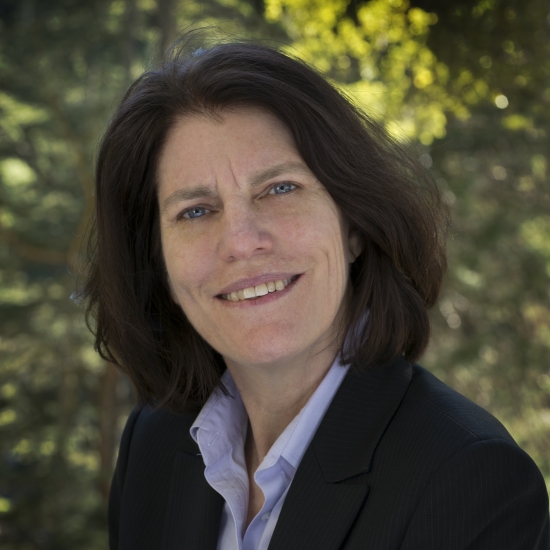MIDAS Seminar
Technology, The Science of Learning, and Transformation in Higher Education

Learning is complex. Decades of research in the science of human learning have produced results that could transform education; however, research findings have not often made a positive impact on teaching practice, educational technology design, or student learning. Likewise, the wisdom of instructors and authentic learning experiences rarely have an impact on research. In this talk, I will describe a model for using educational technology to shift the relationship between learning research and teaching practice in service of simultaneously improving student learning and contributing to our fundamental understanding of human learning.
Candace Thille is the founding director of the Open Learning Initiative (OLI) at Carnegie Mellon University and at Stanford University. She is a senior research fellow in the Office of the Vice Provost for Teaching and Learning and an assistant professor in the Graduate School of Education at Stanford University. Her focus is in applying the results from research in the science of learning to the design and evaluation of open web-based learning environments and in using those environments to conduct research in human learning. Dr. Thille serves on the board of directors of the Association of American Colleges and Universities; as a fellow of the International Society for Design and Development in Education; on the Assessment 2020 Task Force of the American Board of Internal Medicine; on the advisory council for the Association of American Universities STEM initiative; and on the advisory council for the National Science Foundation Directorate for Education and Human Resources. She served on the working group of the President’s Council of Advisors on Science and Technology (PCAST) that produced the Engage to Excel report. She served on the U.S. Department of Education working groups, co-authoring the 2010 and 2015National Education Technology Plans. She has a bachelor’s degree from the University of California, Berkeley, a master's degree from Carnegie Mellon University, and a doctorate from the University of Pennsylvania. She was recently named one of The Sixteen Most Innovative People in Higher Education by the Washington Monthly.
 MENU
MENU 
